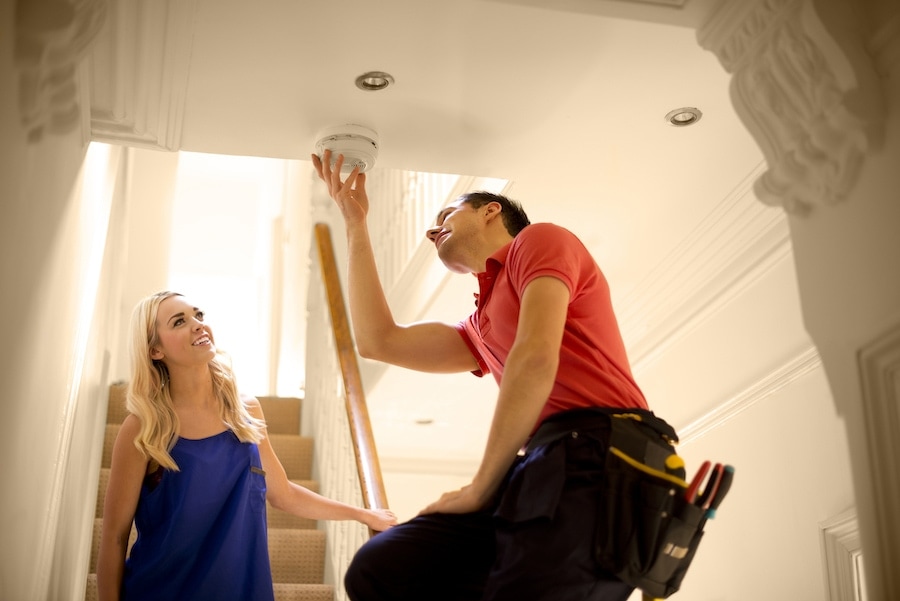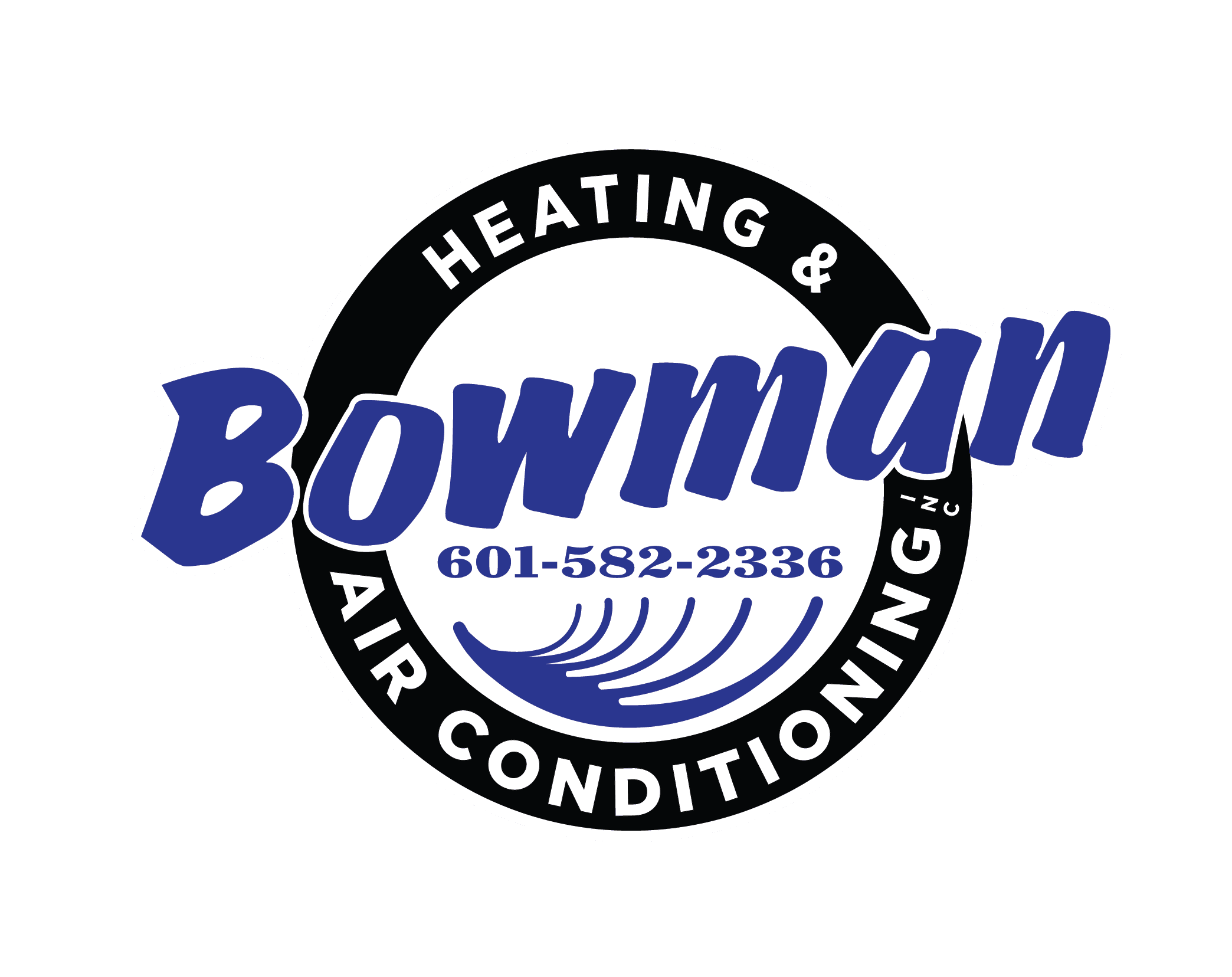Carbon Monoxide—Quick Facts

Our team here at Bowman Heating and Air receives a lot of questions from customers about carbon monoxide leaks. Below are some quick facts to keep you informed, helping to keep you safe.
What is it?
Carbon monoxide, or CO, is a colorless gas with no odor or taste. It is poisonous and can be fatal when inhaled. It’s created when substances containing carbon are burned and the carbon isn’t completely combusted. Carbon monoxide can be generated from the burning of gasoline, propane, oil, coal, wood, and a number of other flammable materials.
How dangerous is it?
As previously mentioned, carbon monoxide is toxic and can kill you if you inhale it. When absorbed by the lungs, it enters your bloodstream and dislodges oxygen from it. As a result, your brain and heart lose the ability to function.
The deadliness of inhalation depends on how much of it is in the air and how long you’re exposed to it. If there was a large amount in the air, you’d suffocate and pass out almost instantaneously.
Residential carbon monoxide leaks are often smaller. You’ll likely experience more subtle and gradual symptoms. In this case, you might not notice you have a leak until your health is in serious jeopardy. In an industrial setting, such as a factory, carbon monoxide leaks are usually large. This causes more instantaneous effects. People will suffocate, lose muscle function, and sometimes die.
According to the Center for Disease Control, about 400 people die from carbon monoxide poisoning annually. Another 20,000 people are treated in the emergency room and 4,000 have to recover in the hospital.
What are the symptoms of carbon monoxide poisoning?
Symptoms generally become more severe with higher exposure. Milder symptoms can be mistaken for the flu. Acute symptoms will be much more noticeable. Watch out for these symptoms:
- Headache
- Dizziness
- Nausea/vomiting
- Difficulty breathing
- Pains in chest
- Mental confusion
- Blurry vision
- Fainting
It’s important to note that children and the elderly are more susceptible to dying from carbon monoxide poisoning. Being asleep and/or having a high blood-alcohol content means you may not notice the symptoms, thus making you subject to fatality.
How much carbon monoxide is dangerous?
Any amount of carbon monoxide in the air is dangerous. At 1 to 70 ppm (parts per million), symptoms do not present themselves in adults, but typically do in young and/or elderly persons. Past 70 ppm, symptoms become more apparent. With levels of 150 to 200 ppm, carbon monoxide can cause delirium, poor muscle coordination, fainting, and death.
How can I protect my home from carbon monoxide leaks?
You must take proactive steps to prevent carbon monoxide leaks to protect yourself, your family, and/or your pets. Given the associated risks, you’re always better safe than sorry.
Here’s what you should do:
- Be sure you’ve carefully read the instruction manuals for all appliances using combustion (stoves, water heaters, furnaces, and so forth). Don’t attempt to repair, clean, or install them on your own; have a professional take care of it.
- Schedule annual maintenance inspections for your appliances. Professionals check for any punctures, blockages, sediment, or disconnected lines.
- NEVER run gas-powered appliances in enclosed spaces. This can cause carbon monoxide levels to quickly peak.
- Don’t leave gas stovetop burners on when you’re not using them and don’t use them to heat your home.
- Don’t leave your car running in the garage, even with the door open.
- Install a carbon monoxide detector and place it near your bed. You’re most susceptible to carbon monoxide poisoning when you’re asleep.
- While installing a carbon monoxide detector is not a substitute for taking preventative steps, it is an important safety net.
All of us at Bowman Heating and Air want you and your neighbors here in Petal, MS, to stay safe. That’s why we offer maintenance and repairs for your carbon-burning HVAC appliances. We also offer carbon monoxide detector installation. To learn more, call us at 601-582-2336.
Need HVAC Service?
Contact the experts at Bowman Heating and Air Conditioning.
Call us at 601-582-2336!
